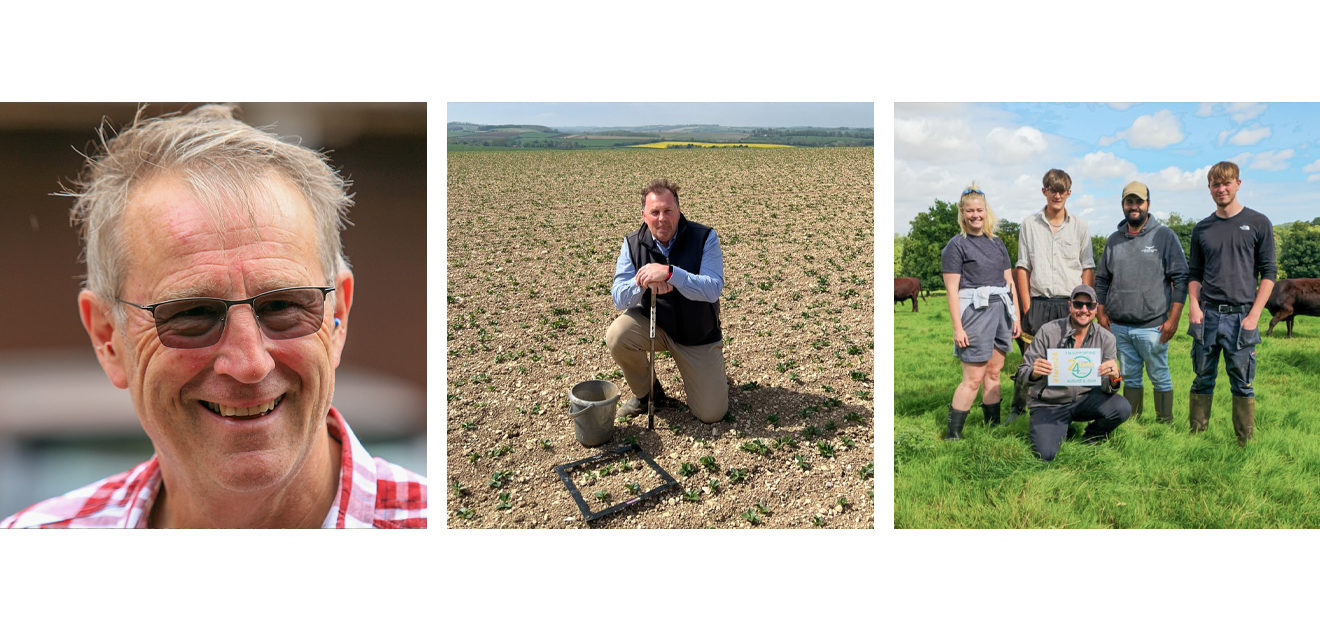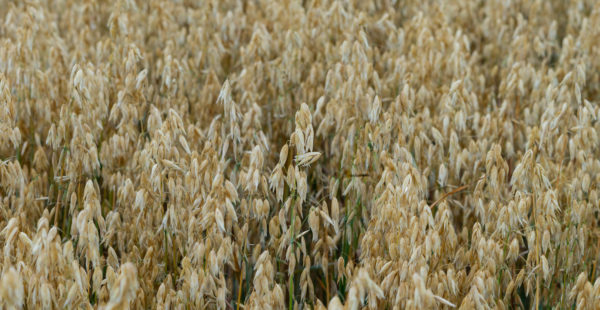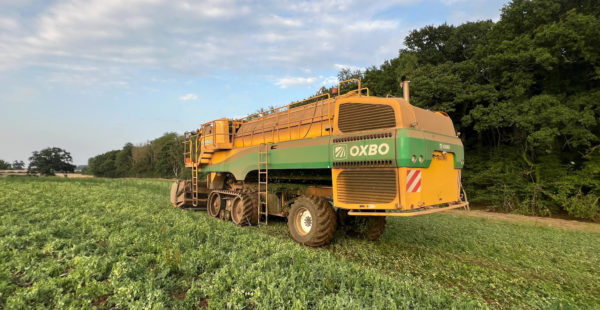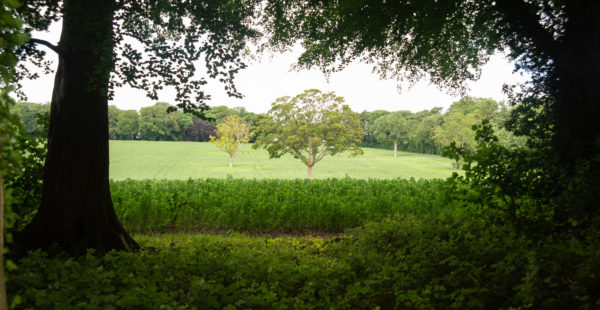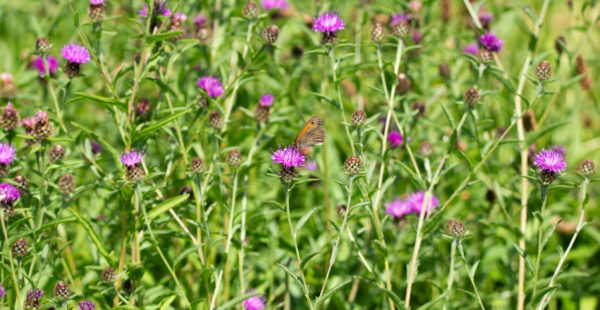A Week on the Estate: Radio Ormsby, Meeting Dunders & Osprey Visit
We hope we find you hale and hearty as the weekend approaches. We’ve enjoyed a benign week of weather with a good smattering of sunshine to help finish off the harvest. The weekend is set fair and dry with a predicted temperature range of 20C-14C and the chance of picturesque morning mists. Next week will revert to a seasonal norm with a range of 15C-6C towards Thursday.
Don’t forget to check the Bird Weather too. Our acoustic sensors have picked up an osprey! This expert angler must be fattening up on fish for its month-long migration to West Africa. It may be a tad late in the season to find an osprey in the UK, but fine weather and rich pickings might have made it worthwhile to hang on for a few weeks. Click HERE to see for yourself who’s been singing in our neighbourhood.
Did you hear us chatting to Sean Dunderdale on BBC Radio Lincolnshire’s ‘Farmwatch’? A few of our key team-members shared their knowledge and passion for our wildlife-friendly, sustainable approach to farming. Thanks to Dunders for some highly enjoyable conversations and for helping to share our vision. Read on for edited highlights. To hear the full conversation, click HERE.
“We are lucky with the nature we’ve got around us and we’ve got to make the most of what we’ve got,” said Jon Thornes. “And what we’ve got here is 3,000 acres, most of it organic. We’ve got lots of trees, we’ve already got lots of birds there.
“When I go and talk to people about the Estate and what we’re doing, if we talk about things like organic matter and nitrogen levels, you can soon see them turning off. But if you talk about birds and how many we’ve seen today and what sort, you soon see them turn back on and you can engage with them.
“When I look out of my window, the environment is what I see. People say I’ve got a lot of acres but it’s just a big back garden. What do you want to see in your back garden? You want to see butterflies, you want to see birds, you want to see all sorts of things. We’ve got quite a lot of footpaths and we encourage walkers. It’s about welcoming them and letting them see with their own eyes what we’ve got.
“We’ve got four PUCs out presently and they’re live-streaming. Every second of the day they’re listening for a bird call, and when they hear a bird call, they package it up and send it through the internet. As the day goes on, it accumulates how many different species we’ve seen. We’ve seen 40 or 50 different species every day. We’ve heard 76,000 bird calls.
“I was a farmer many years ago and went to agricultural college. I then came back about eight years ago so I started with a clean slate. Most farmers would say you’re not really a farmer, Jon. I’d say, I’m a person with a big back garden.”
“We’ve got our hectarage of winter bird-food plots, our wildflower margins, grass margin strips and beetle banks,” said Estate Manager Paul Barnes. “8% of our farmed area we put down to wildlife. We’re planting more hedgerows and it’s going to bring more birds in. I refer to it as Kevin Costner did in ‘Field of Dreams’: ‘Build it and they will come’ and it’s fantastic.
“We’ve been monitoring the birds since 2022 and we’ve seen numbers increase year on year with the farming practices we do. The in-hand land on the Estate is now converted to organic. It’s a different style of farming and we think that benefits the wildlife, the bees, the birds, the butterflies and everything.
“That 8% of our area, we’d like to go to 10%, we’d like to go to 11%. With the use of these bird-monitoring stations, we can focus on what other areas, what other mixes we can put in. We’re looking at winter bird-feed where we can fill the hunger gap, December to April, where it is key for the birds to help them survive. It’s all about understanding what we’ve got here at South Ormsby and how we can improve it.
“I joined the Estate in 2018 and we’ve seen a lot of changes. The change in system from conventional to organic is all to the good and all for the better. I’ve been organically farming for 20 years and it’s within you, it’s part of you, it’s your passion. You can see the benefits, not only for the crops that we’re growing but for the wildlife as well.”


